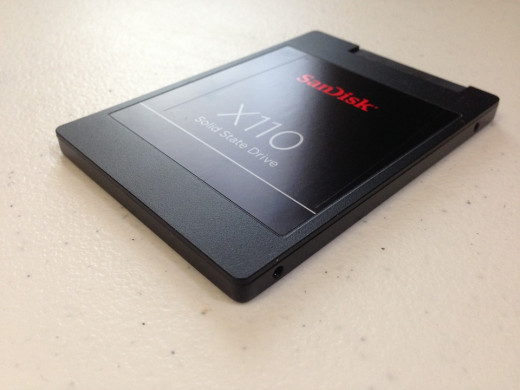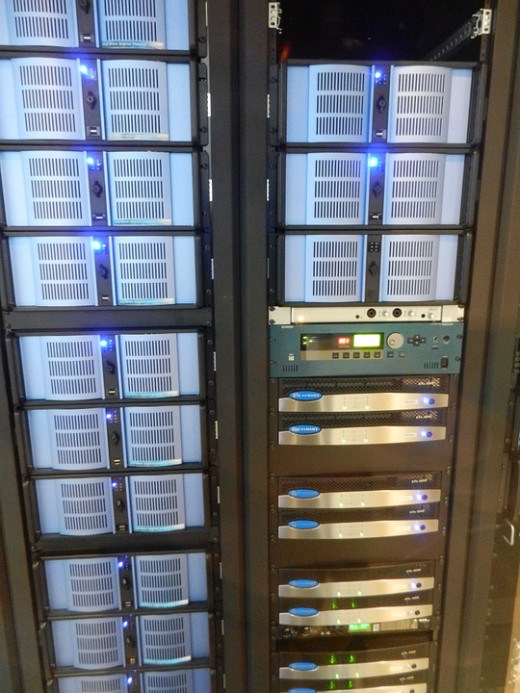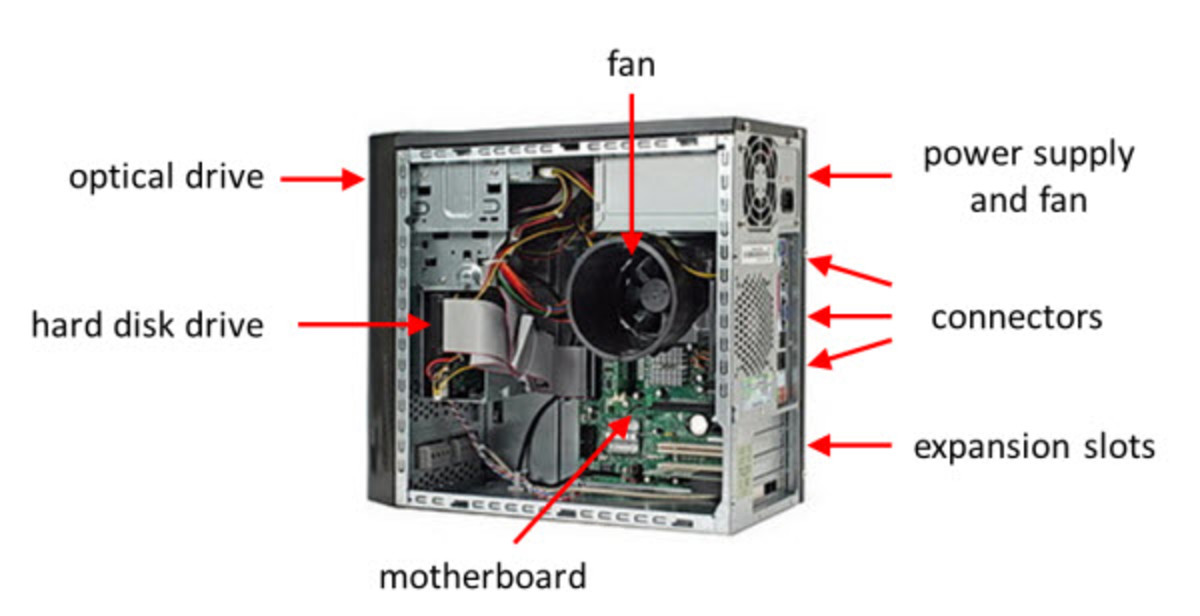Why SSD Hosting Is the Best Option for a WordPress Website

If you own or run a business, then you will know that any business, of any size, just has to have a website to be able to compete today. That used to mean that you had to employ the services of a specialist website company, not only to create your website, but to maintain it too. Now, though, with modern content management systems (CMS), like WordPress, and affordable hosting, businesses, large and small, can set up, and or, maintain, their websites and blogs with relative ease themselves.
One of the biggest things that can put people off taking the first steps into the world of publishing their own websites, though, is all the confusing terminology that is bandied about and the techie’s assumption that everyone knows what terms like SSD and HDD mean. So, here’s a brief guide to the differences between HDD and SSD hosting and what difference it will make to your WordPress website.
Why Choose WordPress?

Before we even get into the world of WordPress hosting, for those who are still undecided about the publishing platform that they want to use, here’s some of the reasons why so many people choose WordPress.
WordPress is a content management system and publishing platform for blogs and websites. It is used by millions of organisations around the world from large corporations, like People Magazine and the Ford Motor Company, to small companies and people maintaining their own personal blogs.
It is open source software, which means it is free to use, but that certainly doesn’t mean that it is cheap and nasty. It is estimated that more than 25% of the world’s websites use it, so you can be sure that it works!
Because it is so popular, and because it is open source, there are thousands of plug-ins and templates that you can use to enhance your website and it also means that there are thousands of WordPress experts out there available to offer their help should you need it.
The other reason that WordPress is so popular is that is so easy to use. If you are not technically minded at all, you may want to get some help setting up a WordPress website, but after that, you will be able to add new content and edit existing content, with no technical expertise whatsoever.

Why You Need a WordPress Optimised Hosting Solution
Assuming that you have now decided on using WordPress as your content management system and publishing platform, now you will need to decide on a suitable company to host your website for you. A hosting company will provide you with the space on a file server that you will need for your website and your connection to the internet. They will also register your domain for you, provide a backup service for your website, and provide you with the email addresses that you will need.
If you are going to have a WordPress website and blog, then your best option is to choose a hosting service that is optimised for WordPress. By doing so, you will not have to worry about installing WordPress or managing it, so you can get on with designing your website. You will get better support when you need it, and WordPress updates will be done for you. Hosting services that have been optimised for WordPress will also deliver better speed as well as faster and higher ranking on search engines like Google. To put it another way, if you had just bought a new Mercedes, you wouldn’t take it to your local ‘we’ll service any car’ garage for a tune up.
What’s the difference between HDD and SSD HOSTING?
The next bit of techy talk you will come across when you start looking for a WordPress optimised hosting service is SSD and HDD. These abbreviations stand for Solid State Drive (SSD), and Hard Disk Drive (HDD) and it is a reference to how your data will be physically stored on the hosting company’s servers.

HDD – Hard Disk Drive
The traditional hard disk drive (HDD) is the data storage medium of a computer, which is where all your data and programs are kept when you switch off your computer. A hard disk is a metal plate that is coated with a magnetic coating, which stores your data. A mechanical read and write head moves across the disk storing and retrieving data as required as the disk spins around.

SSD - Solid State Drive
A solid state drive (SSD) does the same job in terms of storing data, but, unlike a hard disk drive, it has no mechanical parts. The data on an SDD is stored in a series of flash memory chips, similar to the ones that you would find in a flash drive, or memory stick. The memory chips in an SDD, though, are much faster and more reliable than the ones that you get in a standard portable flash drive.

Why choose SSD Hosting for your website?
So, that’s what the difference is between SSD and HDD, but what difference does that make to your choice of website hosting service provider?
Performance
When you are running a business or a money making website, the speed that your site loads and refreshes is of vital importance. Internet users are notoriously fickle and, if your pages don’t load fast enough, they move straight on to a site that has better performance. Even if they stay with your slow website and they attempt to buy something, if the buying process itself takes too long, they will give up and go and buy a product elsewhere. Because SSD’s don’t rely on spinning disks and mechanical arms, they are much faster than HDD’s and much more reliable.
Creating a website and attracting traffic through search engine optimisation is only the beginning. Once the numbers of visitors start to increase, you will need that extra speed of SSD hosting to make sure that there is no degradation in performance. You want visitors to hang around long enough to read your message and, if appropriate, make a purchase. If your hosting service is too slow, you may well have thousands of, very brief, visitors, but if they are all getting frustrated waiting for information to appear on the screens, they are going to leave your website just as quickly as they entered it, so opting for an SSD host will be worth the money.
Reliability
SSD’s are also much more reliable than HDD’s, because there are no moving parts to break down. You could argue that reliability is the problem of the host provider, but any downtime, however short, could represent the loss of sales on a money earning website.
Environmentally friendly
As climate change has been in the news so much recently, we are all aware that everyone needs to do their bit to reduce greenhouse emissions worldwide. SSD’s use a lot less energy than HDD’s, so by opting for and SDD hosting provider, you will be reducing your carbon footprint too.
Does SSD hosting cost more?
Cost used to be a factor in deciding between HDD and SSD hosts, but today, you will see virtually no difference between and SSD hosting service and an HDD hosting provider. If you were to look at the prices of a solid state drive for your laptop, it would be more expensive than a hard disk drive, but when you compare the prices of hosting services, there is little in it, because the hosting provider is getting better reliability and durability with SSD’s.
Why SSD hosting is the Best Option for WordPress Website
In summary then, if you are starting up your own business website and you have chosen WordPress as your content management system and publishing platform, then your best option, by far, would be to choose a WordPress optimised SSD hosting service. There is nothing inherently wrong with hard disk drives, or other publishing platforms, but WordPress and a WordPress optimised SSD hosting service will provide you with speed, reliability, ease of use and, potentially, better search engine rankings too.
_________________________________________________________________








